The rich, creative life of Moomins creator Tove Jansson
Finnish artist and Moomins creator Tove Jansson was free, independent and nonconformist, as a new Paris exhibition delving into her life and work reveals
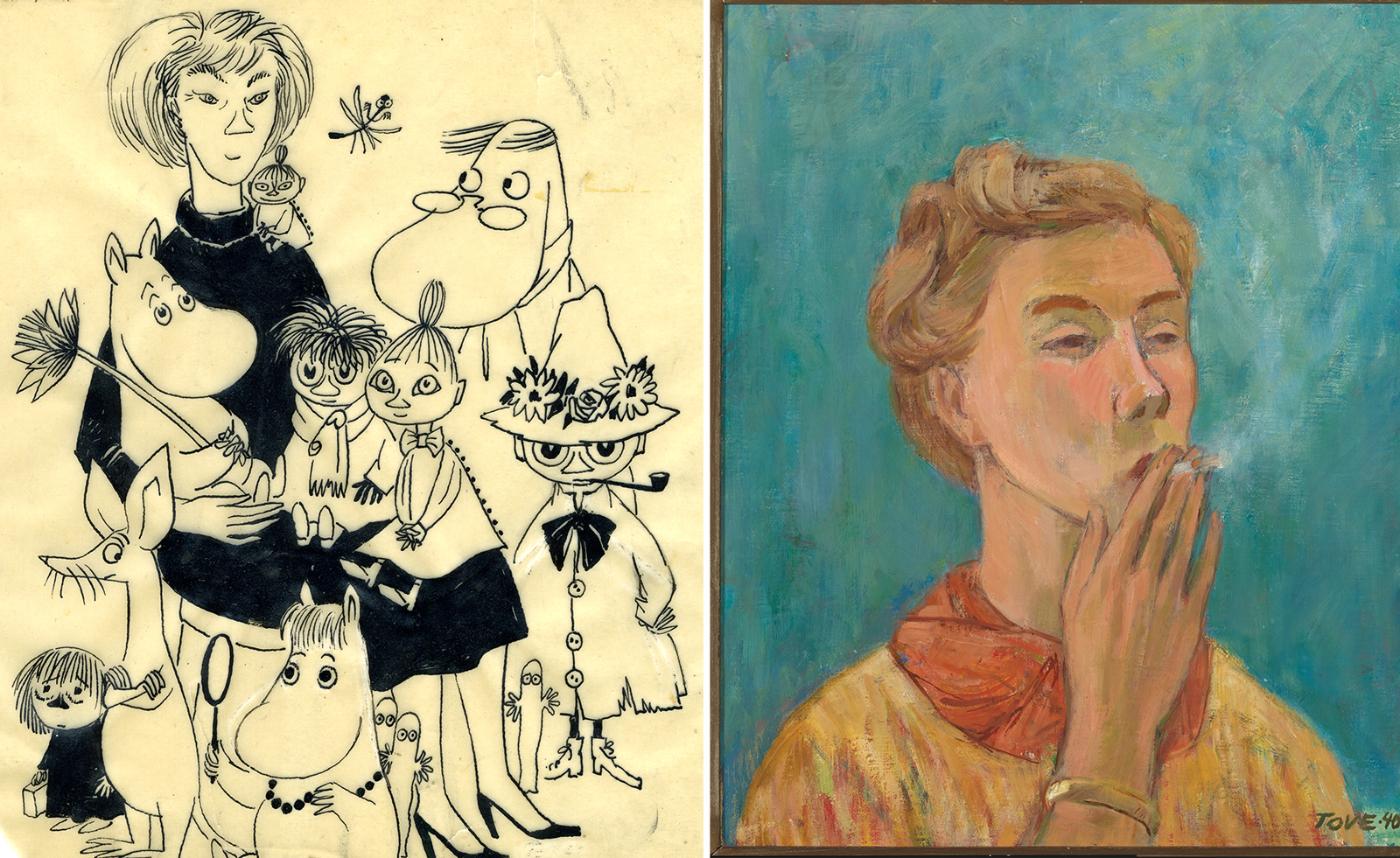
As a female, queer artist working in the years before and after the Second World War, Finnish artist and Moomins creator Tove Jansson (1914-2001) was compelled to carve out a unique career as a painter, illustrator and, later, author. Her fantastical, rich aesthetic was reflected in her vibrant personality, both of which came together in her rich body of work, which encompasses texts, illustrations and paintings.
Jansson’s eclectic body of work is now the subject of a new Paris exhibition, ‘Houses of Tove Jansson’, curated by art institution The Community. Produced both with Jansson’s estate and Moomin Characters, the retrospective examines Jansson’s life and oeuvre and, for the first time, considers her work alongside contemporary artists.
‘Houses of Tove Jansson’, Paris
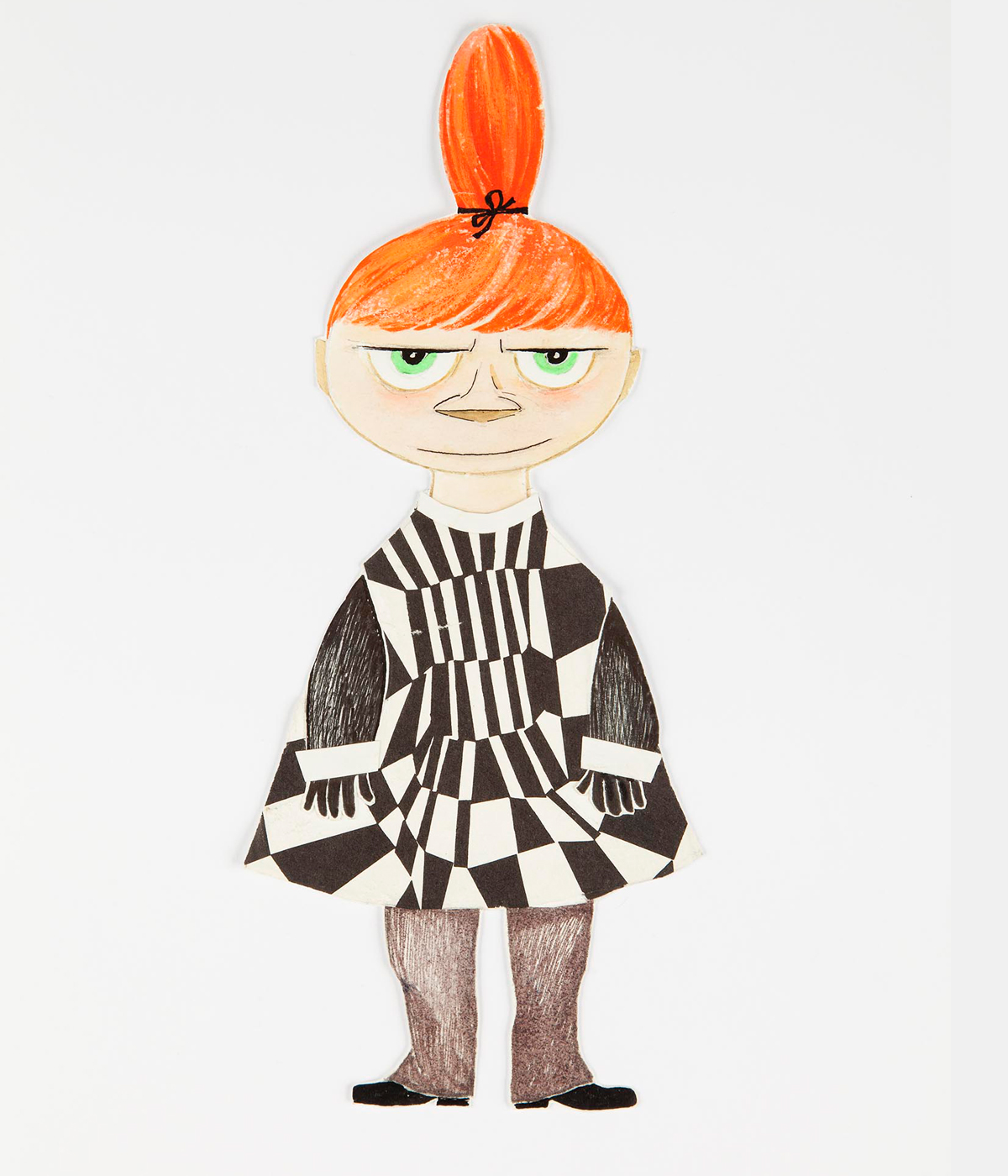
Tove Jansson, Little My Paperdoll, Undated. Mixed technique
‘Tove started to exhibit her work and receive commissions gradually towards the end of the 1930s,’ say curators Tuukka Laurila and Sini Rinne-Kanto. ‘She also did many illustration works in order to gain enough money to live. However, the constant critique and the strictures of the art world and the war gave her the impulse to focus on the first Moomin book. As the Moomin books started to have success, she wanted to focus on them to be independent financially.
‘It is interesting to observe this trajectory – she aspired to be a fine artist (and succeeded in it!) but turned towards other modes of expression after facing some [disappointments]. The Moomin books gave her a certain freedom and independence, a unique space in which she was free to explore her dreams and to do whatever she wanted.’
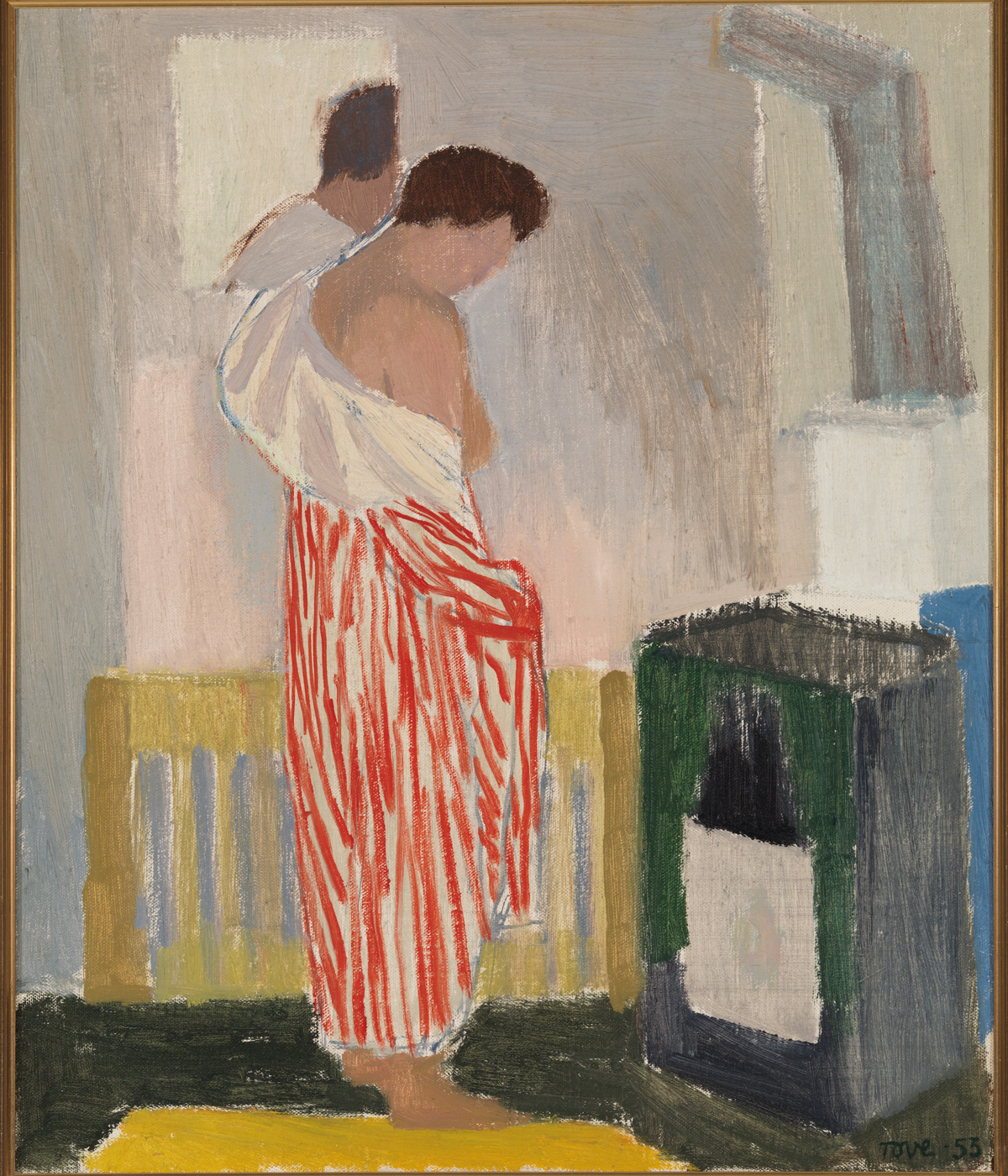
Tove Jansson, In the heat of the stove, 1953. Oil
Her personal life constantly informed her work, with characters in the Moomin books often plucked from her close circle. ‘Before meeting Pietilä [her life partner Tuulikki Pietilä] Jansson had already started to explore queerness, having had several same-sex relationships during and after the war, notably with the theatre director Vivica Bandler (1917-2004),’ Laurila and Rinne-Kanto add. ‘Jansson worked with Bandler on the first Moomin play, Comet in Moominland, shown at Helsinki’s Swedish Theatre in 1949. The two were the inspiration behind the respective characters of Thingumy and Bob, who first appeared in Trollkarlens hatt (Finn Family Moomintroll) (1948), carrying a strange suitcase and speaking a secret language of their own.’
Personal artefacts in the exhibition give a context to Jansson’s work, which is rooted in her home in downtown Helsinki, her favourite city of Paris, and in the isolated Klovharun Island in southern Finland. ‘We have included for example films, audio recordings, photographs, drawings and diaries that Tove and her partner Tuulikki Pietilä made either during their numerous journeys or in their solitary island Klovharun. They might seem mundane but they open up new perspectives in their lives and works. And understanding this attitude they had in life was important for us in the process – seeing that everything was made into art around them is so inspiring.’
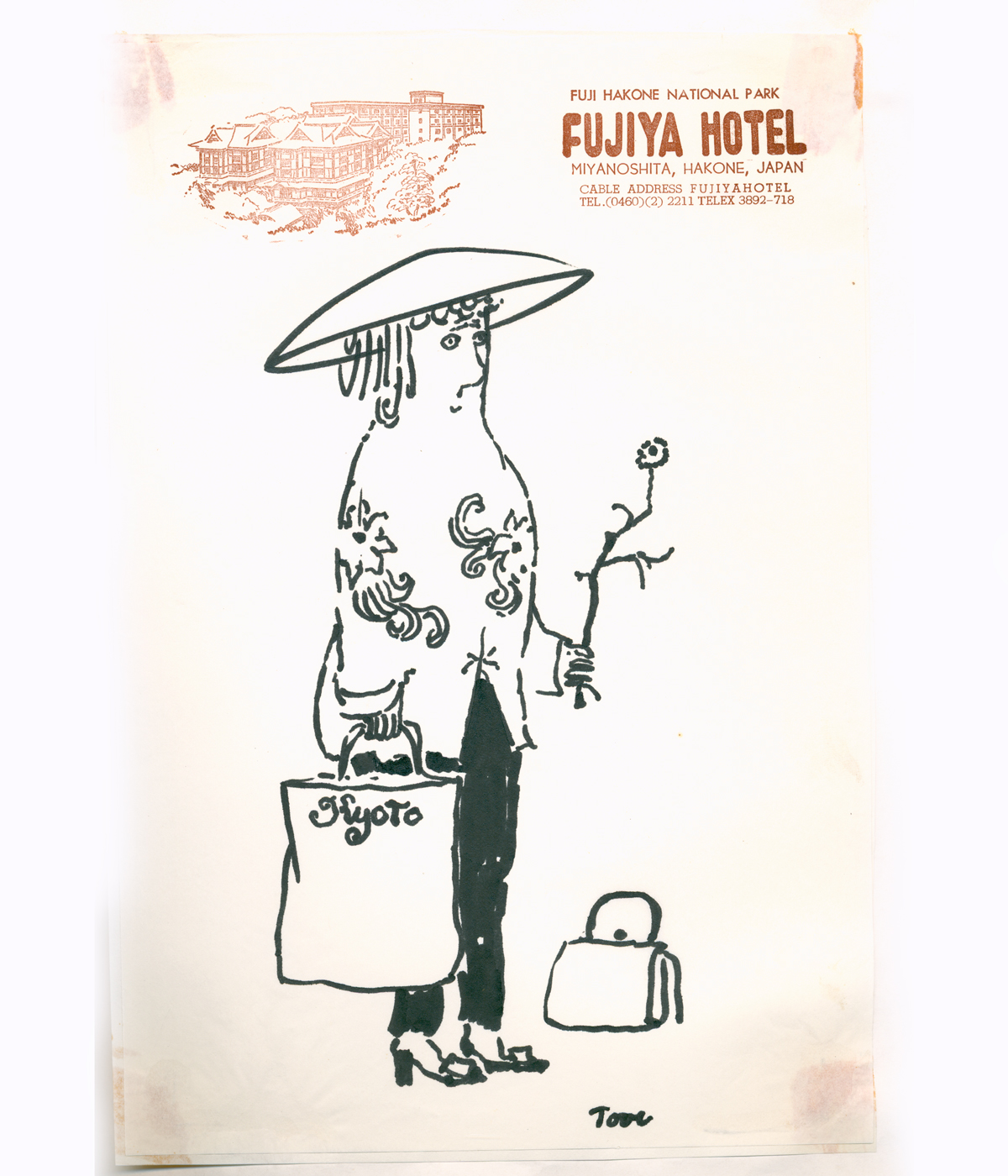
Tove Jansson, Unnamed, 1971. Ink
The development of Jansson’s distinctive style is traced from her early self-portraits through to these documentations, also taking in early illustrations for books including Alice in Wonderland and The Hobbit and her classic Nordic novel. Say the curators: ‘Her later books Den ärliga bedragaren (True Deceiver) (1982) and Rent Spel (Fair Play) (1989) both demonstrate the considerable development of her literary tone: the hint of darkness that was earlier present in her children’s books through tangible disasters and threats is now expressed through more complex characters and literary strategies. The exhibition seeks to convey this development also by sharing stories of Tove’s life, essentially what inspired Tove to make these works.’
Wallpaper* Newsletter
Receive our daily digest of inspiration, escapism and design stories from around the world direct to your inbox.
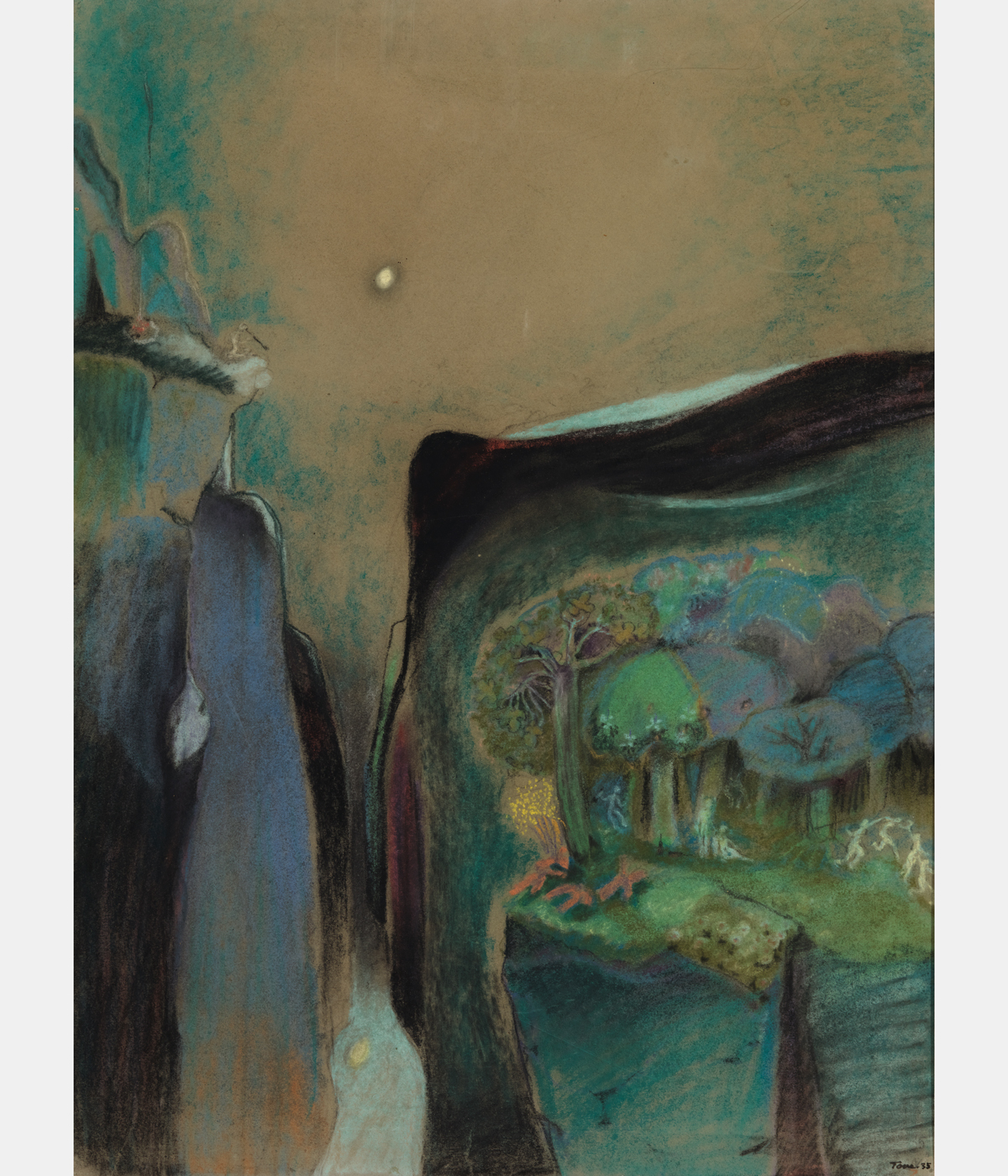
Tove Jansson, Recluse, 1935. Pastel on paper
In this exhibition, Jansson’s works are showcased alongside artists including Anne Bourse, Emma Kohlmann, Ida Ekblad, Vidya Gastaldon and Carlotta Bailly-Borg. Moomin Characters has also marked the retrospective with one-of-a-kind capsule collections created in collaboration with D’heygere, Vitelli, Ana Kraš x CC Tapis and Sabine Marcelis. Say Laurila and Rinne-Kanto: ‘“Houses of Tove Jansson” seeks to offer an all-encompassing view on Tove’s life and work, and this is why it’s so important – and an honour – for us to show these more personal aspects for the visitors.’
The exhibition takes place 29 September – 29 October 2023 in a former printshop, at Espace Mont-Louis, 8 Impasse de Mont Louis in the 11th arrondissement of Paris
‘Houses of Tove Jansson’ will be free but require registration. For more information, visit housesoftovejansson.com
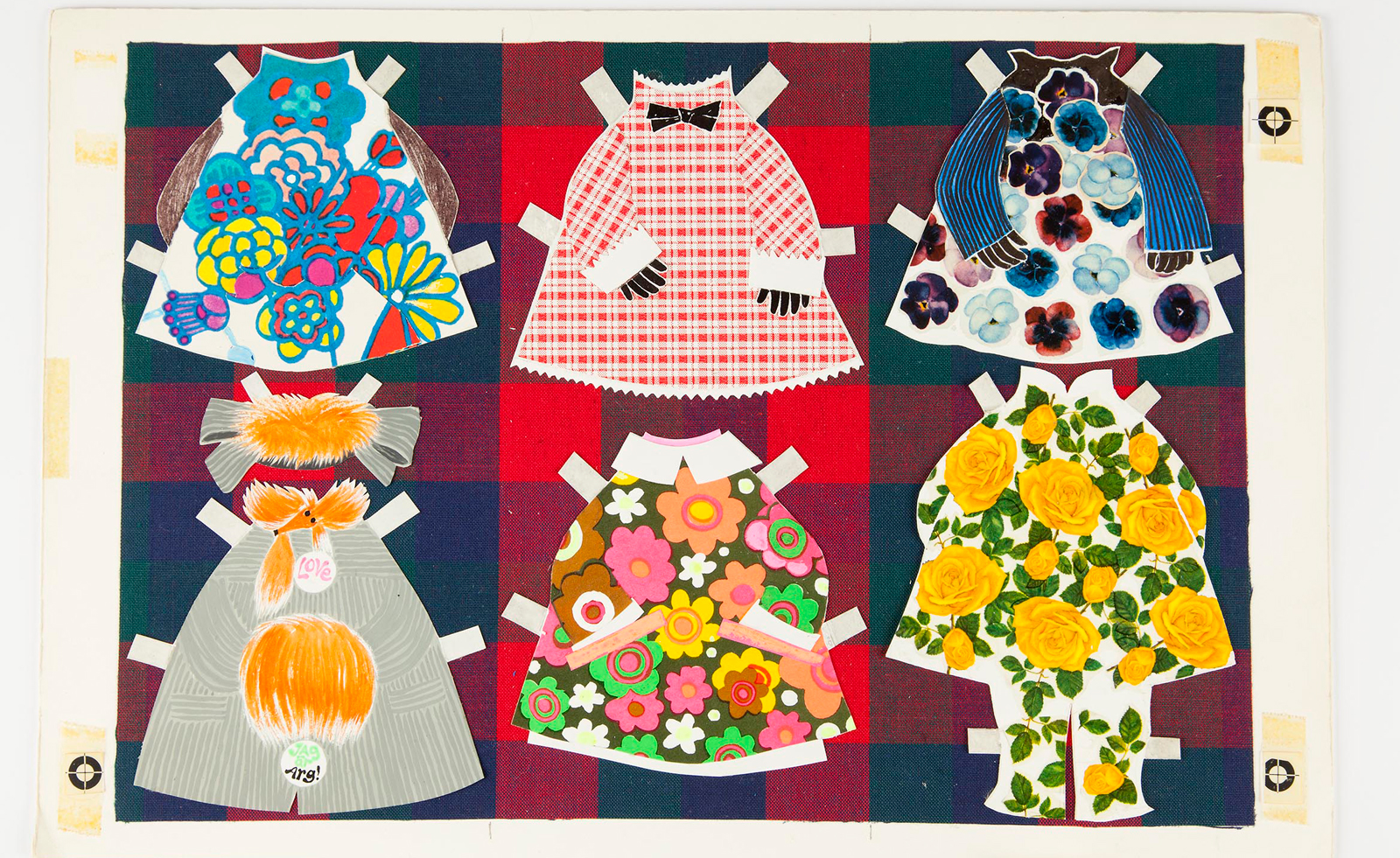
Tove Jansson, Little My Paperdoll, Undated. Mixed technique
Hannah Silver is the Art, Culture, Watches & Jewellery Editor of Wallpaper*. Since joining in 2019, she has overseen offbeat design trends and in-depth profiles, and written extensively across the worlds of culture and luxury. She enjoys meeting artists and designers, viewing exhibitions and conducting interviews on her frequent travels.
-
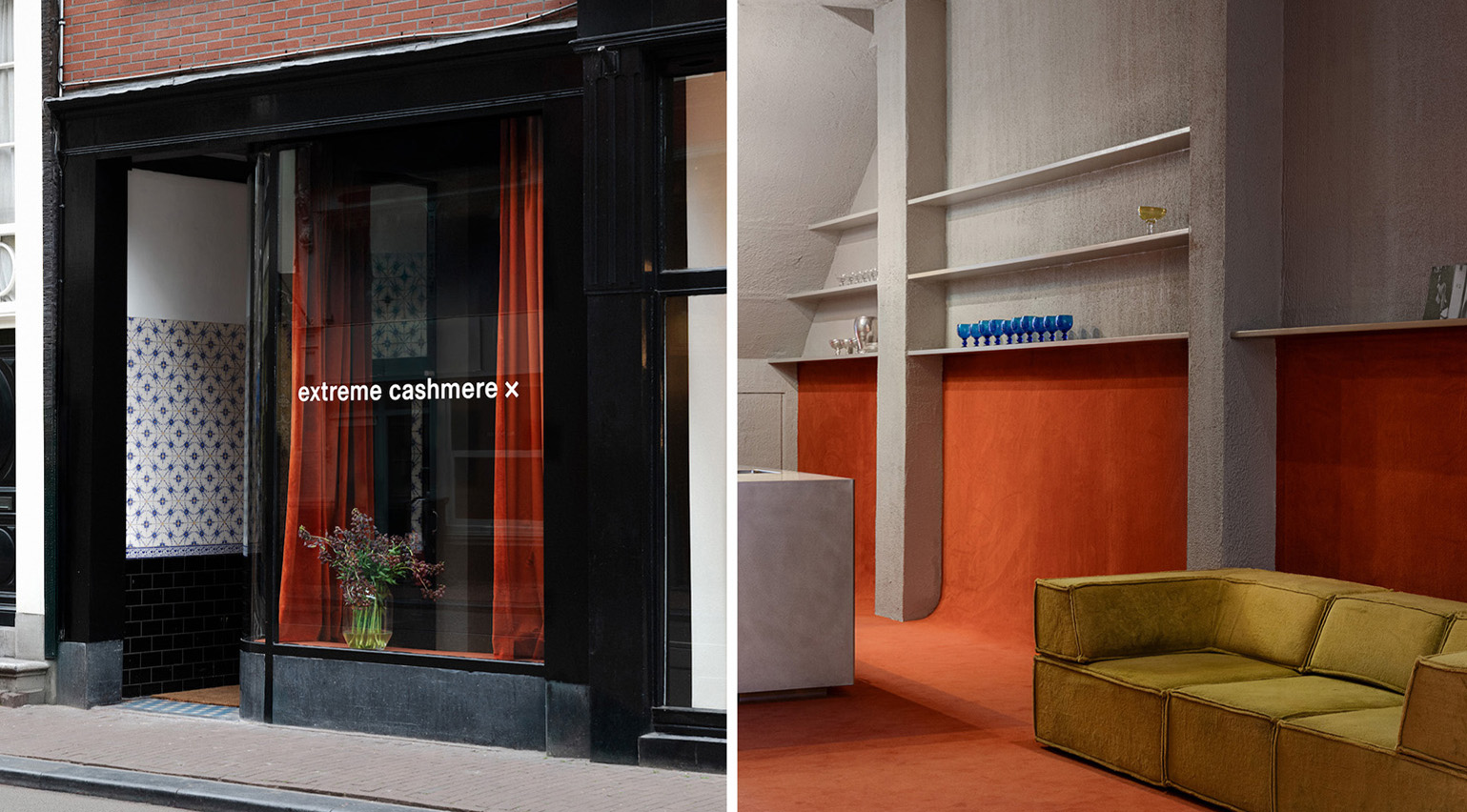 Extreme Cashmere reimagines retail with its new Amsterdam store: ‘You want to take your shoes off and stay’
Extreme Cashmere reimagines retail with its new Amsterdam store: ‘You want to take your shoes off and stay’Wallpaper* takes a tour of Extreme Cashmere’s new Amsterdam store, a space which reflects the label’s famed hospitality and unconventional approach to knitwear
By Jack Moss
-
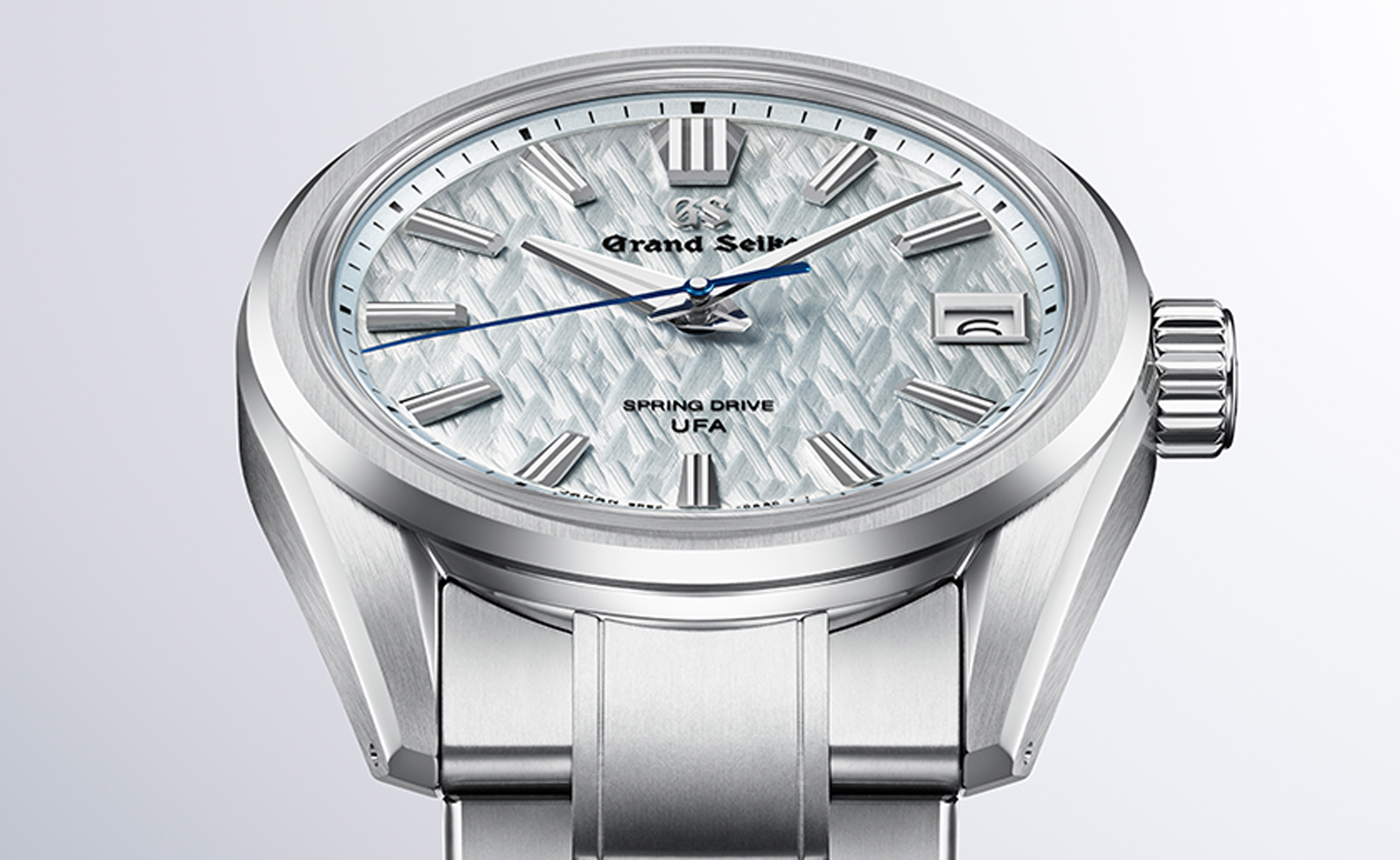 Titanium watches are strong, light and enduring: here are some of the best
Titanium watches are strong, light and enduring: here are some of the bestBrands including Bremont, Christopher Ward and Grand Seiko are exploring the possibilities of titanium watches
By Chris Hall
-
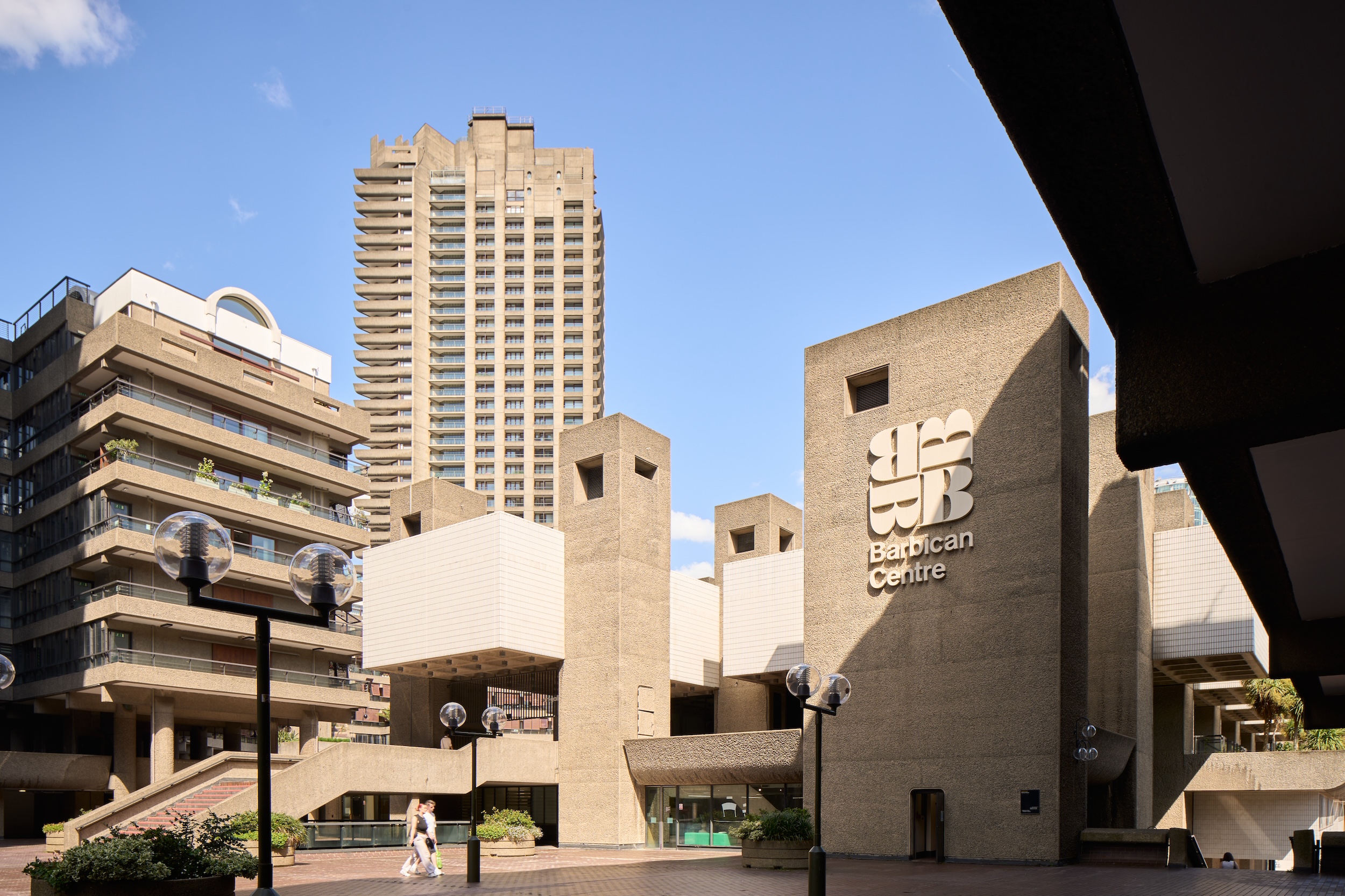 Warp Records announces its first event in over a decade at the Barbican
Warp Records announces its first event in over a decade at the Barbican‘A Warp Happening,' landing 14 June, is guaranteed to be an epic day out
By Tianna Williams
-
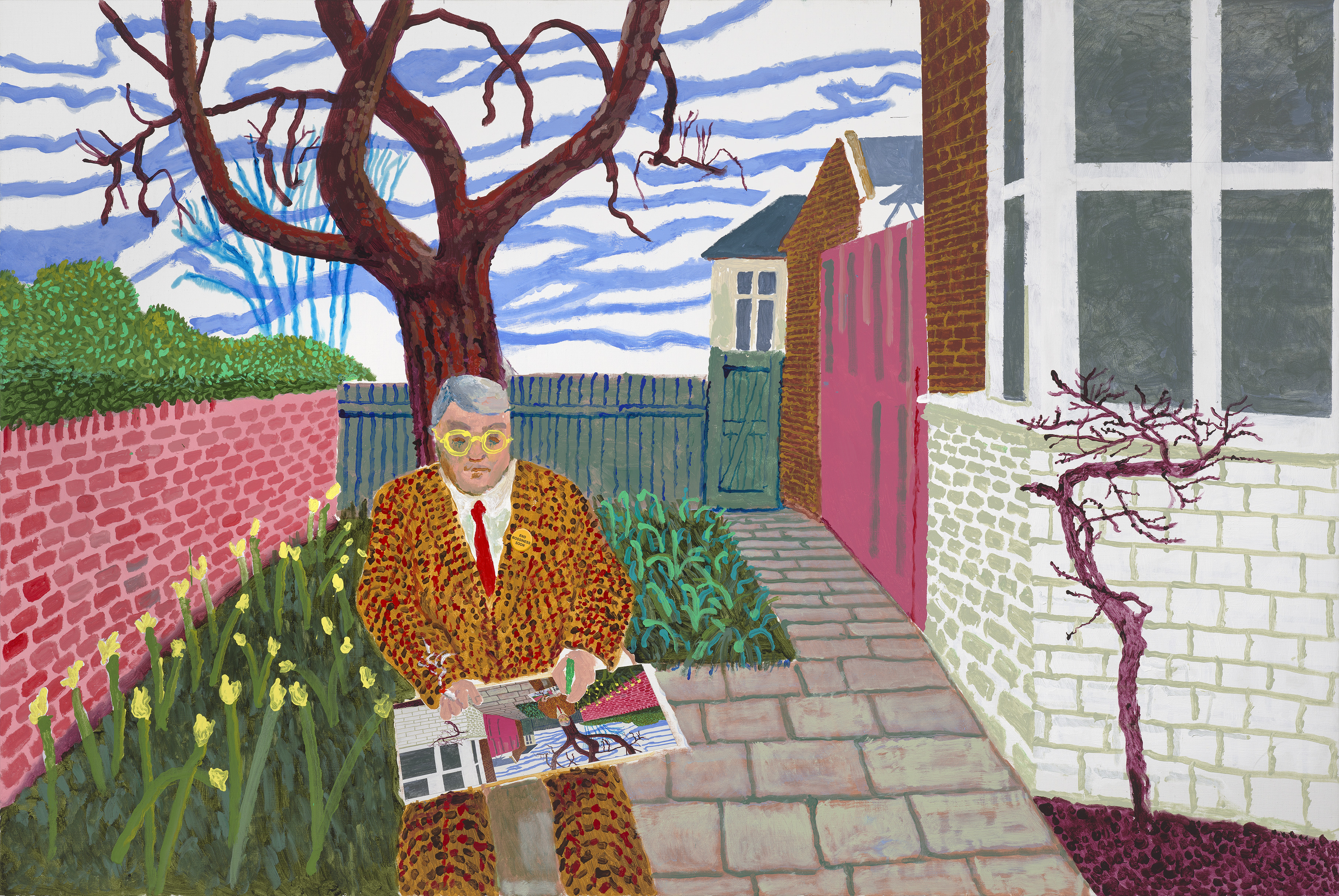 ‘David Hockney 25’: inside the artist’s blockbuster Paris show
‘David Hockney 25’: inside the artist’s blockbuster Paris show‘David Hockney 25’ has opened at Fondation Louis Vuitton in Paris. Wallpaper’s Hannah Silver took a tour of the colossal, colourful show
By Hannah Silver
-
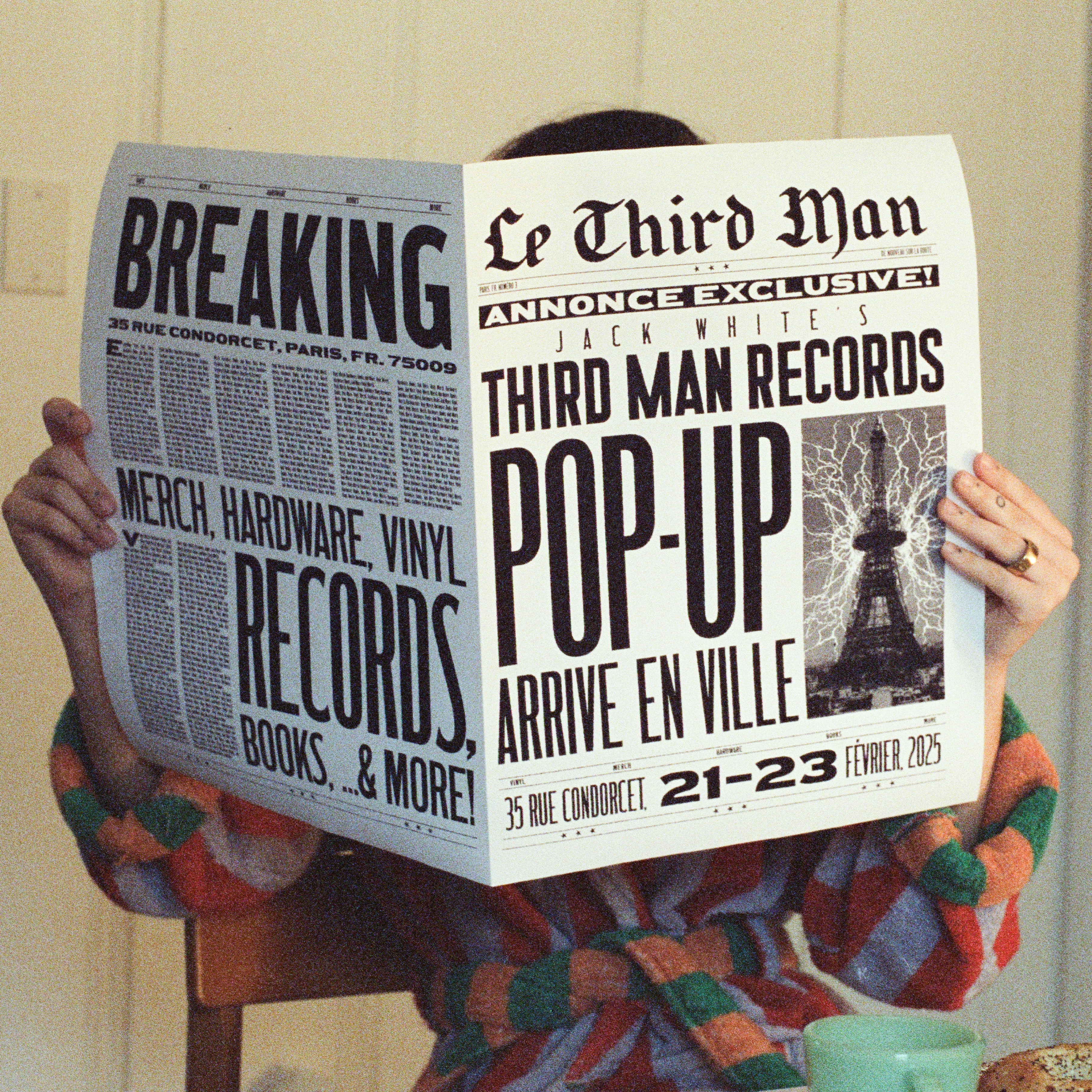 Jack White's Third Man Records opens a Paris pop-up
Jack White's Third Man Records opens a Paris pop-upJack White's immaculately-branded record store will set up shop in the 9th arrondissement this weekend
By Charlotte Gunn
-
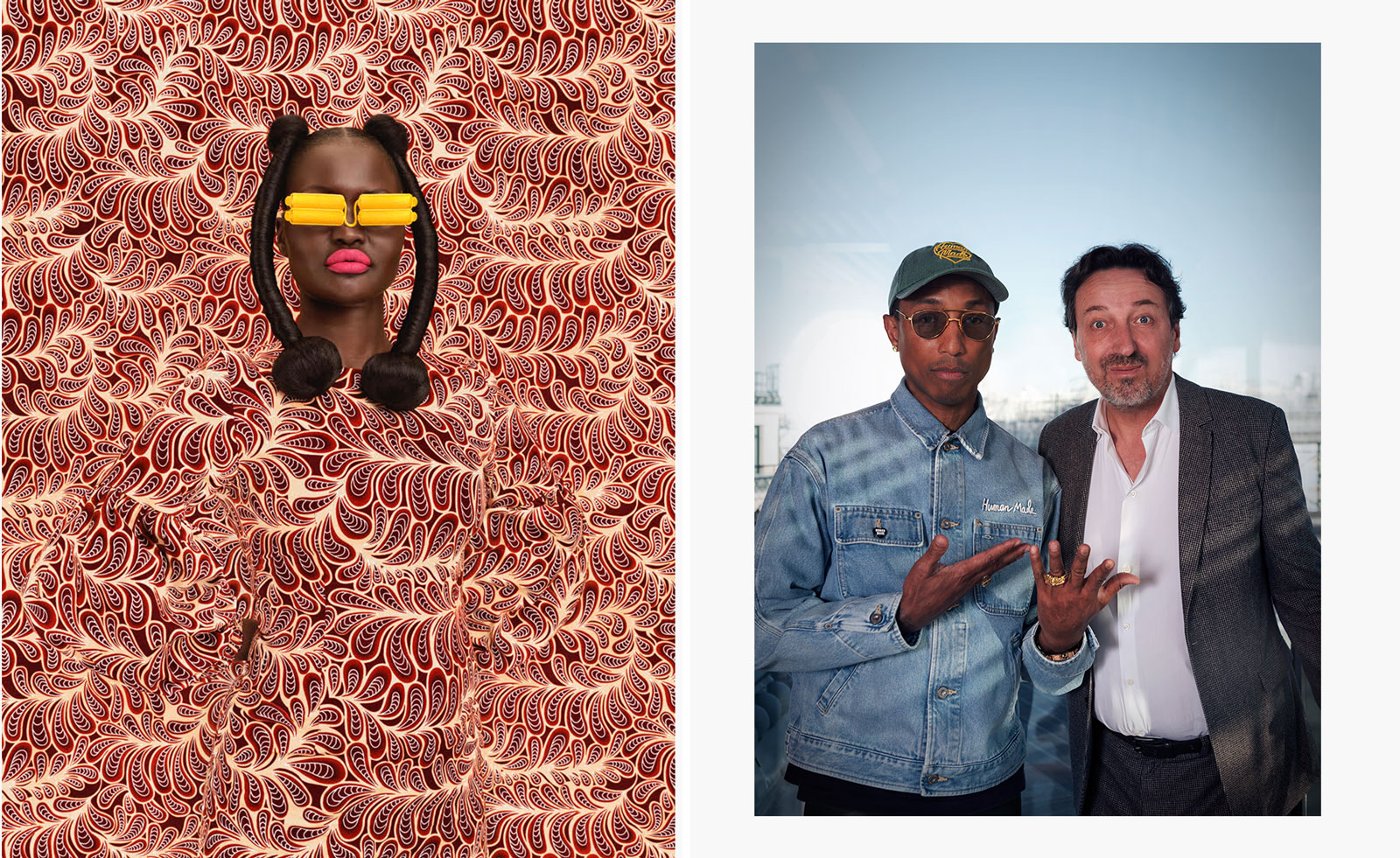 ‘The Black woman endures a gravity unlike any other’: Pharrell Williams explores diverse interpretations of femininity in Paris
‘The Black woman endures a gravity unlike any other’: Pharrell Williams explores diverse interpretations of femininity in ParisPharrell Williams returns to Perrotin gallery in Paris with a new group show which serves as an homage to Black women
By Amy Serafin
-
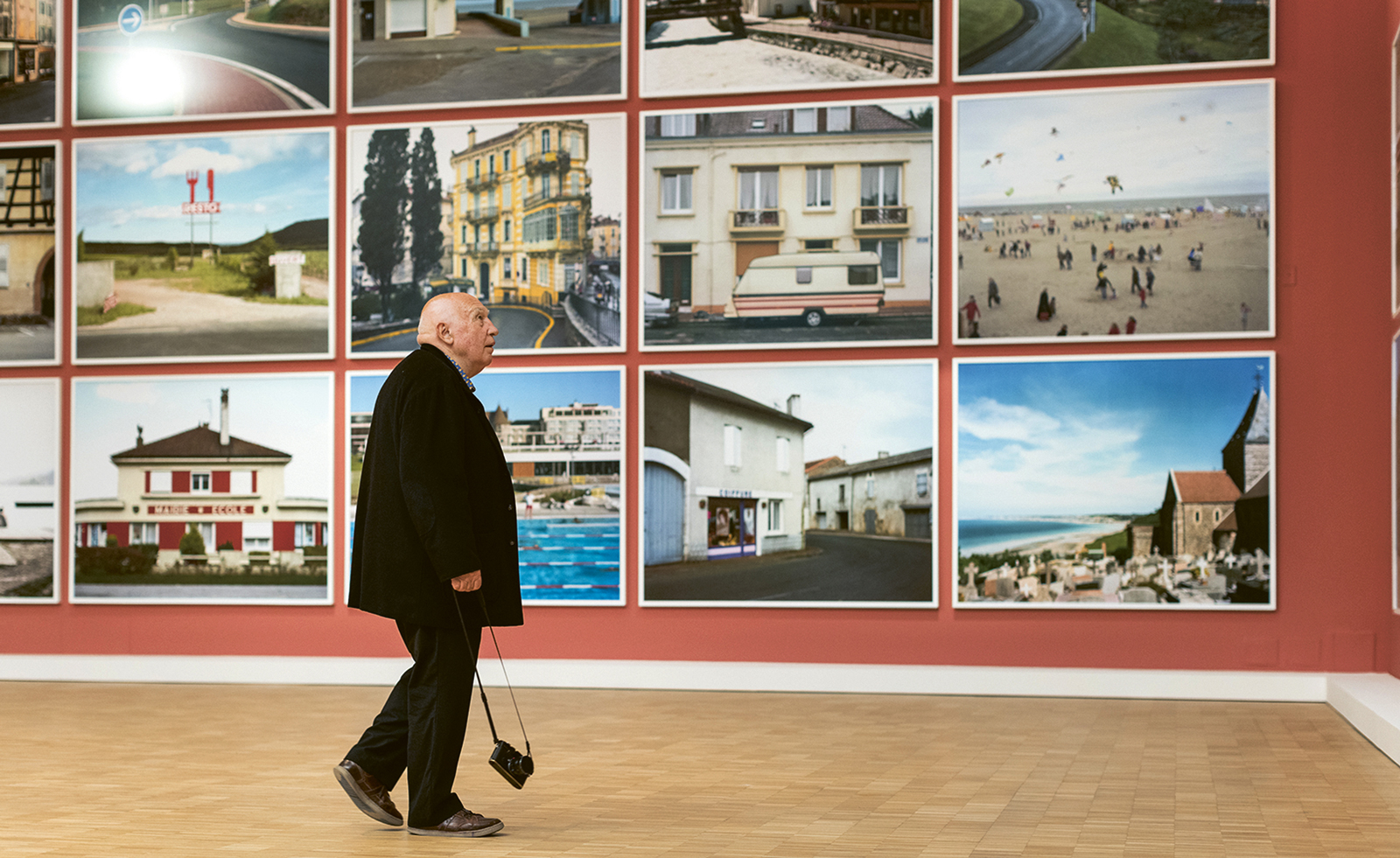 What makes fashion and art such good bedfellows?
What makes fashion and art such good bedfellows?There has always been a symbiosis between fashion and the art world. Here, we look at what makes the relationship such a successful one
By Amah-Rose Abrams
-
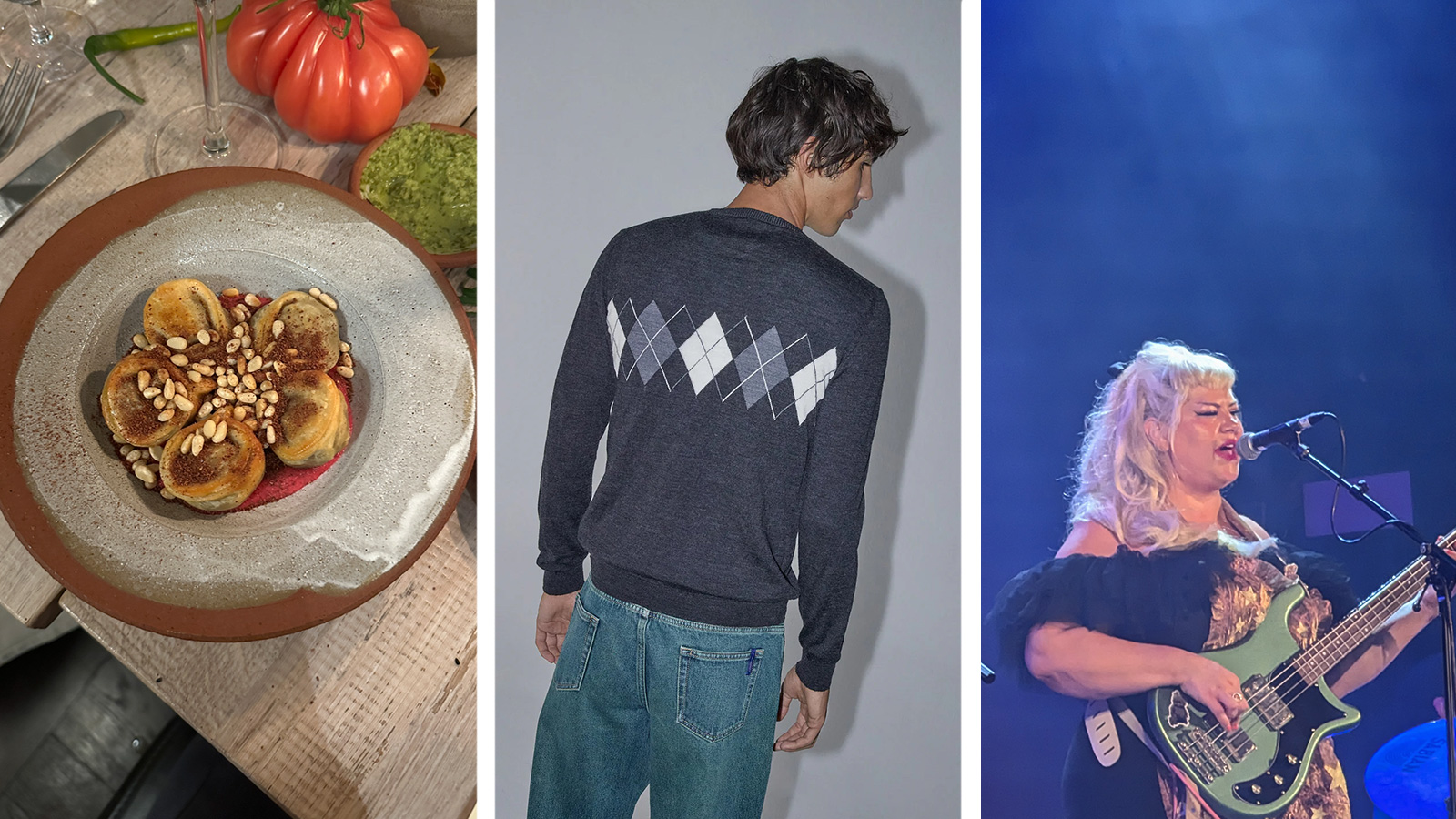 Out of office: what the Wallpaper* editors have been doing this week
Out of office: what the Wallpaper* editors have been doing this weekInvesting in quality knitwear, scouting a very special pair of earrings and dining with strangers are just some of the things keeping the Wallpaper* team occupied this week
By Bill Prince
-
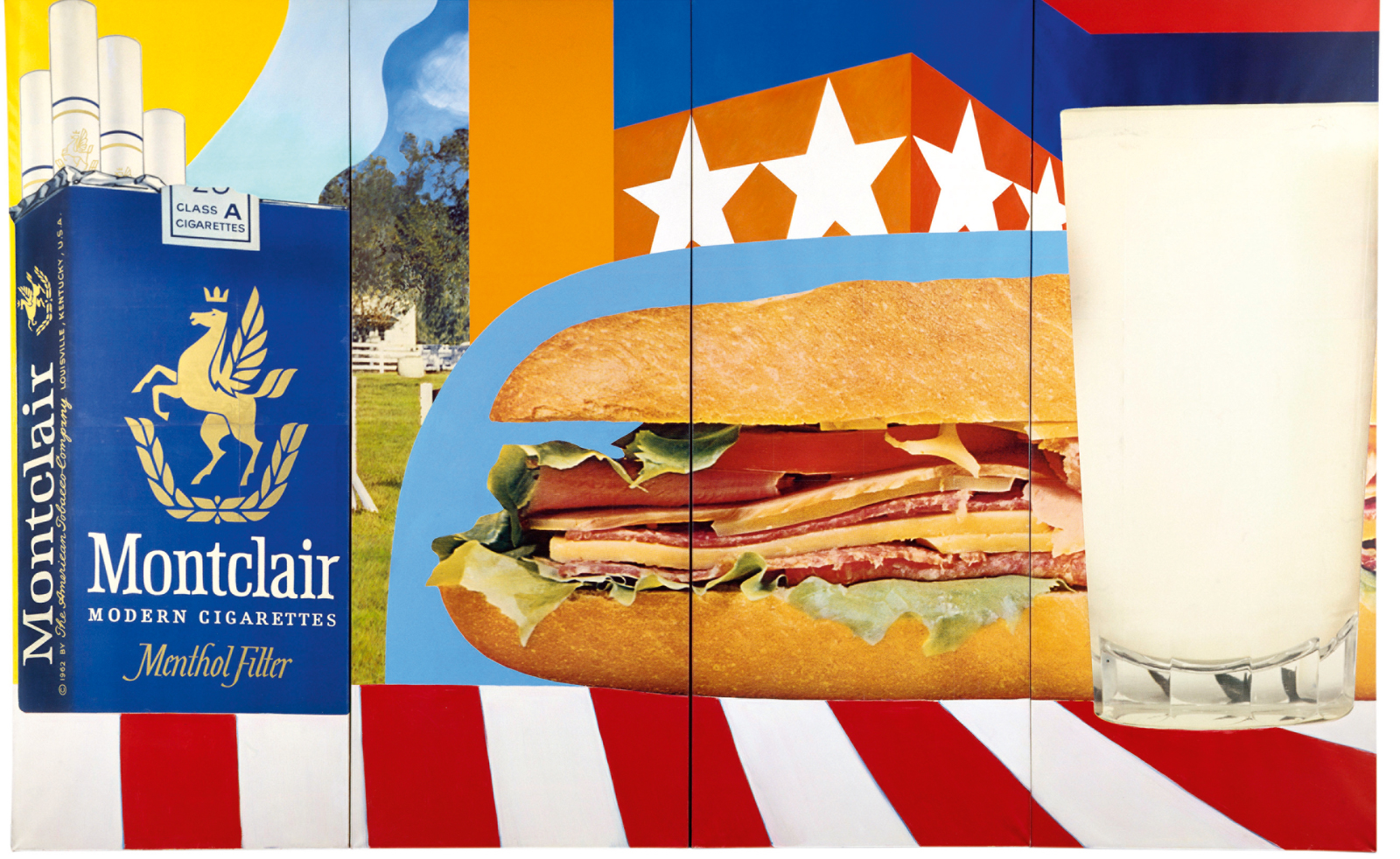 Tom Wesselmann’s enduring influence on pop art goes under the spotlight in Paris
Tom Wesselmann’s enduring influence on pop art goes under the spotlight in Paris‘Pop Forever, Tom Wesselmann &...’ is on view at Fondation Louis Vuitton in Paris until 24 February 2025
By Ann Binlot
-
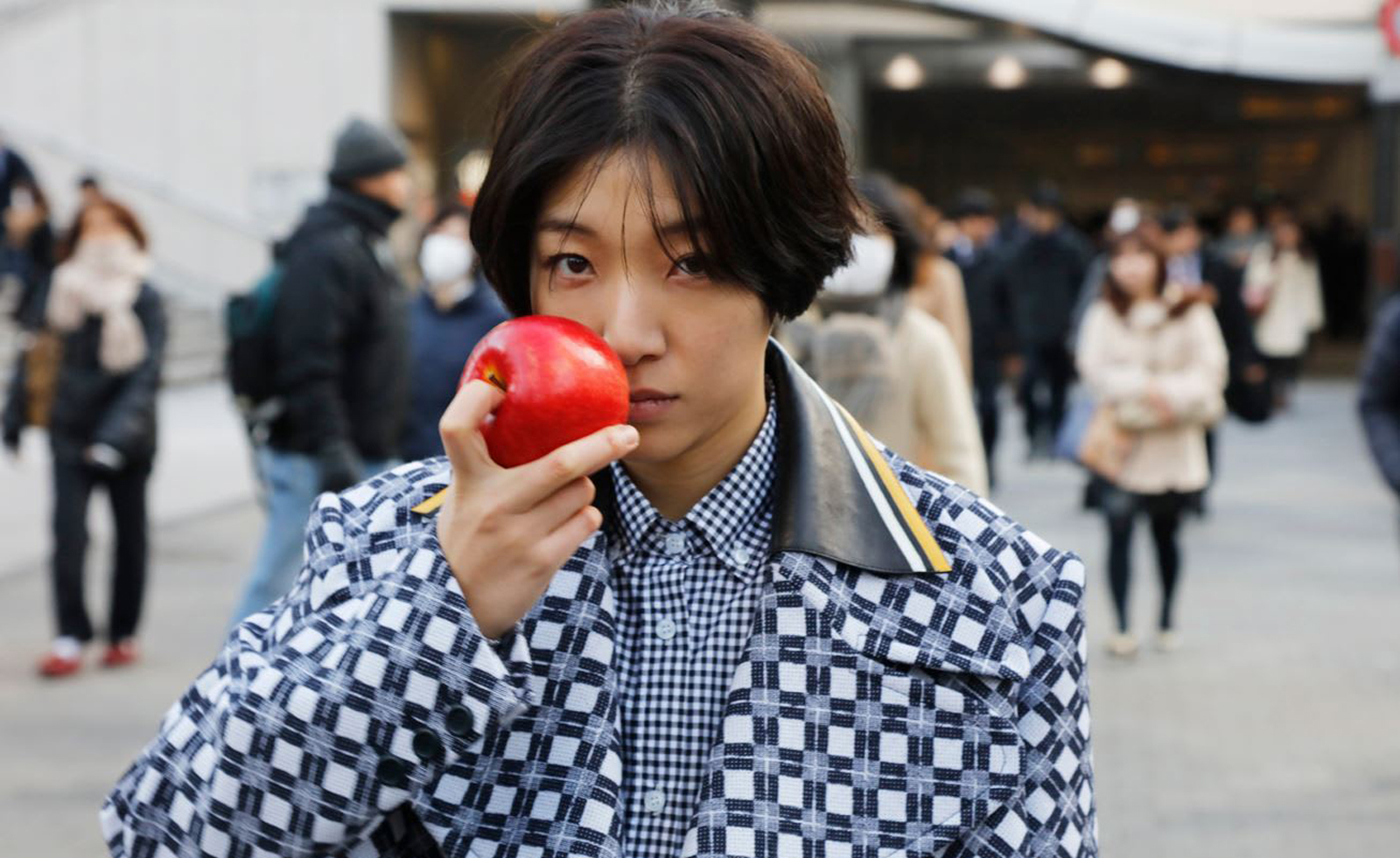 Miu Miu’s Women’s Tales film series comes to life for Art Basel Paris
Miu Miu’s Women’s Tales film series comes to life for Art Basel ParisIn ‘Tales & Tellers’, interdisciplinary artist Goshka Macuga brings Miu Miu’s Women’s Tales film series for Art Basel Paris to life for the public programme
By Amah-Rose Abrams
-
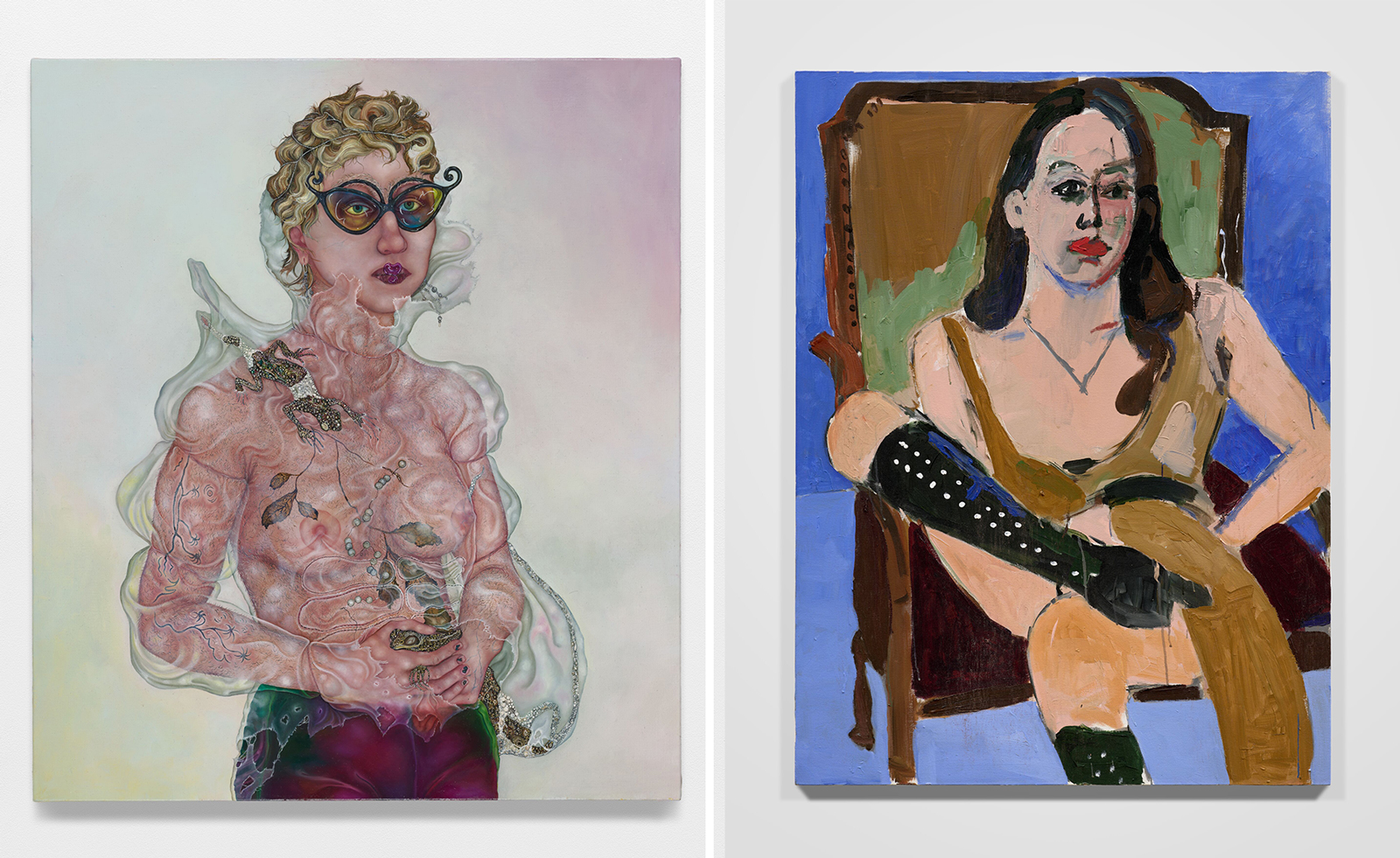 Art Basel returns to Paris: here is everything to see and do
Art Basel returns to Paris: here is everything to see and doArt Basel Paris 2024 (18 - 20 October 2024) returns, opening at the newly renovated Grand Palais
By Amah-Rose Abrams